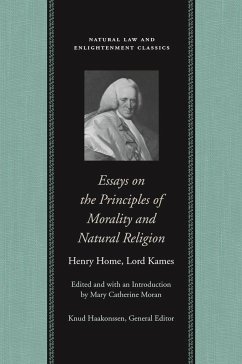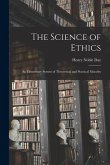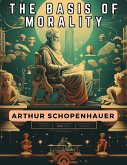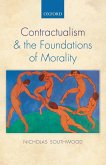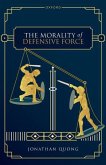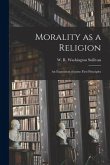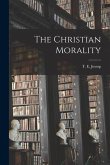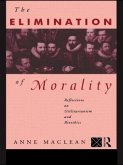The 'Essays' is commonly considered Kames's most important philosophical work. In the first part, he sets forth the principles and foundations of morality and justice, attacking Hume's moral scepticism and addressing the controversial issue of the freedom of human will. In the second part, Kames focuses on questions of metaphysics and epistemology to offer a natural theology in which the authority of the external senses is an important basis for belief in the Deity. Like Shaftesbury, Hutcheson, and Butler, Kames rejected the idea that morality is founded on self-interest and argued that human beings naturally possess a "moral sense", or conscience. At the same time, Kames believed our naturally benevolent inclinations could become law-like only through the principle of justice, which "guards the persons, the property, and the reputation of individuals, and gives authority to promises and covenants". Editor Mary Catherine Moran writes, "In its concern to vindicate the veracity of our common moral intuitions and sense perceptions that are rooted in our very nature, the 'Essays on the Principles of Morality and Natural Religion' helped found the Scottish Common Sense school," a philosophy that was given its classic formulation by Kames's friend Thomas Reid. The text of this volume is based on the third edition of 1779, while the appendix presents substantial variant readings in the first and second editions.
Hinweis: Dieser Artikel kann nur an eine deutsche Lieferadresse ausgeliefert werden.
Hinweis: Dieser Artikel kann nur an eine deutsche Lieferadresse ausgeliefert werden.

